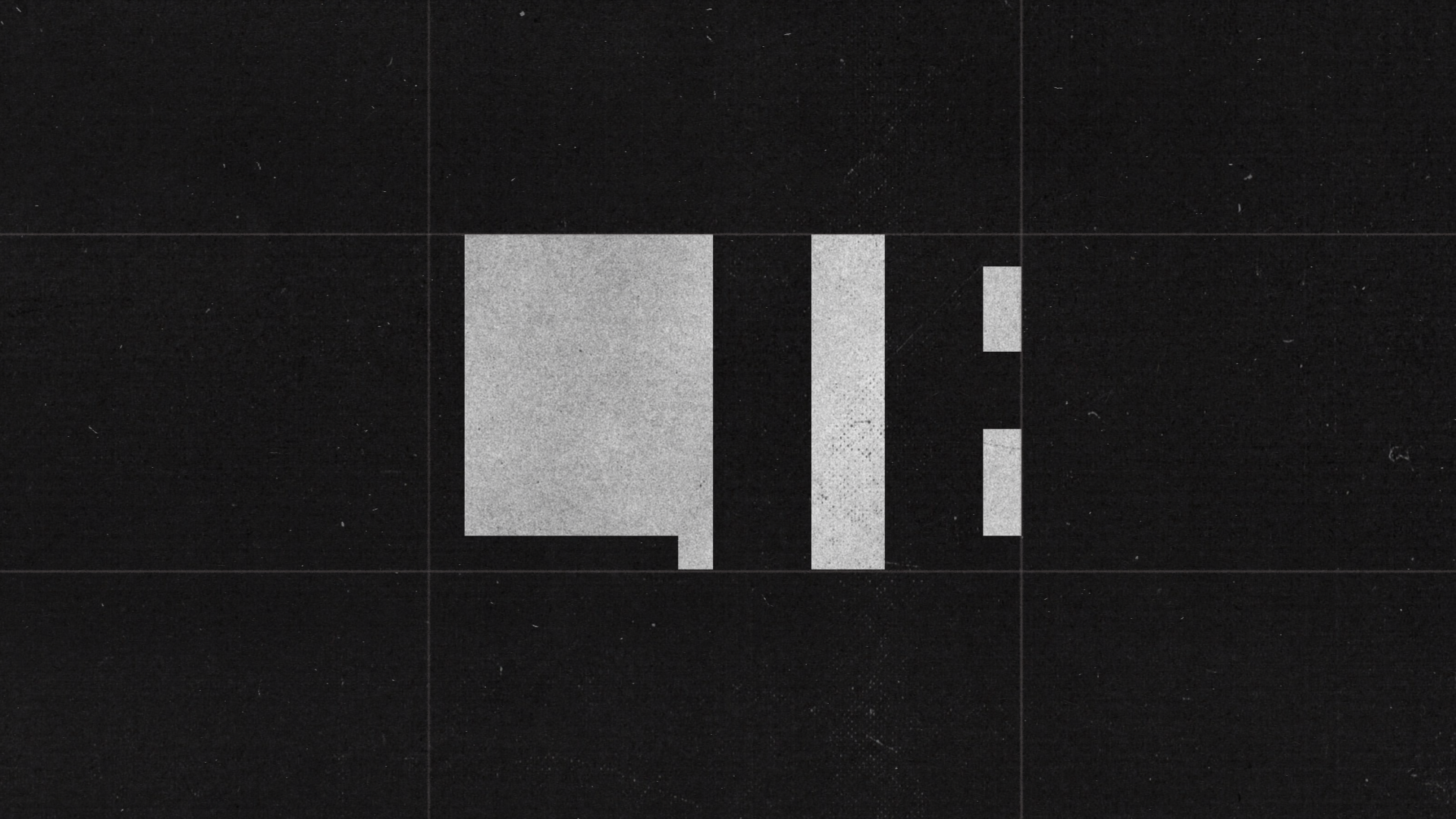MARK FISHER - “CYBERTIME CRISIS”
BACKGROUND
I’ve been interested in the work of Mark Fisher for a few years now, more so than any other social critic or critical theorist I’ve encountered. This is despite the conversations I’ve had with a professor of mine who takes a fairly dim view of Mark Fisher (I will admit he is a bit to media theory what Bill Nye is to science: more a celebrity than academic titan). I think this is because he is so contemporary and deals with issues that someone my age can look around and see in their own life every day. As of writing this (July 2020) in the midst of a global pandemic, the government reducing and ending relief checks, the quote from Mark Fisher I chose for this seems even more relevant than when I made this piece eight or nine months ago. The belief that if you remove any sort of safety net for people that they will innovate and create instead of just spending all their time worrying about eating and paying bills is obviously pervasive.
Mark Fisher was a British cultural critic and critical theorist. His work is primarily concerned with hauntology and he is probably best known for popularizing the term “Capitalist Realism” and his 2009 book Capitalist Realism: Is There No Alternative? (A play on Margaret Thatcher’s slogan “There is No alternative.”)
Capitalist realism describes a state of the world beginning in the 1980s with the rise of market capitalism dogmatists such as Ronald Reagan and Margaret Thatcher, who dismantled labor movements in their countries, and the fall of the Soviet Union. In this new world, not only did it become impossible to imagine any alternative to capitalism, but to imagine any other way to organize our political, economic, cultural, and social structures. If you’ve ever heard that the government or healthcare should be “run like a business,” or that public transport or public parks should be privatized this is an explicit example of capitalist realism.
As a cultural critic, Mark Fisher was concerned with the way capitalist realism is more subtlety manifested and reproduced in media, culture, and art. According to Fisher, even “anti-capitalist” media, reinforce capitalist realism. Take Disney/Pixar’s film Wall-E for example, a film about the destruction of Earth and humanity by a large corporation and consumerism, packaged into a consumer product by one of Earth’s actual largest corporations. Fisher states, “the film performs our anti-capitalism for us, allowing us to continue to consume with impunity.” This is a very short and vastly inadequate summary of some of Mark Fisher’s writings on the subject of capitalist realism as a means of introducing the subject.
Mark Fisher identified three examples where Capitalist Realism fails us. The environment, bureaucracy, and mental health. Fisher’s ideas on mental health are particularly relevant to this motion quote. In Capitalist Realism Fisher writes, “Capitalist realism insists on treating mental health as if it were a natural fact, like weather.” Fisher Doesn’t mean that people aren’t predisposed to mental illness by genetics and “natural” factors, but that in the capitalist realism mode we treat mental illness as purely due to chemical imbalances, writing off external factors of social and economic life. He writes, “if it is true, for instance, that depression is constituted by low serotonin levels, what still needs to be explained is why particular individuals have low levels of serotonin. This requires a social and political explanation.” That we view an individual’s mental health as a purely pharmaceutical problem and not linked at all to the stresses of life and the atomization of social and cultural life under capitalism, is not adequate to explain extreme rises in rates of depression and other mental health issues.
Mark Fisher himself struggled with depression most of his life and tragically took his own life in 2017.
Concept
This grided concept may not be so original (You’ll find obvious inspiration in the work of Yaniv Fridman), but I do think I landed on it appropriately. As inspiration for this project, I looked to my old grided Economics notebooks and the hundreds of models and graphs I sketched in them when I was studying Economics at the University of Wisconsin. To me, this quote from Mark Fisher speaks to how we reduce human beings to their monetary value. Despite my interest in Economics, this was an impression I was left with as well. The problem with economics as a study is that, while there are lessons to be learned for sure, it is mutable and used to justify incredibly monstrous things. It is a field open to interpretation, but is often used as a how-to guide for creating policies. I felt that in coldly studying statistics, equations, and models we ignored that in every model we are dealing with real people’s lives. What was important to me was to create several complex and scaling grids to reflect how people are reduced in models this way.
Initial Frames
Very little carried over from these initial frames to the final product. I was instructed to remove the photo cutout elements and focus solely on type and graphic elements. With that, the grids, and figuring out how to keep them interesting and varied became the main focus of the piece.
Stills (note: not final styleframes)
Due to a hardrive failure I have lost my final design styleframes for this project, but as a concilation I’ve placed some stills from the final video here for you to look through.


















